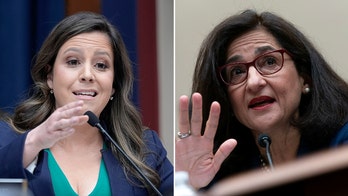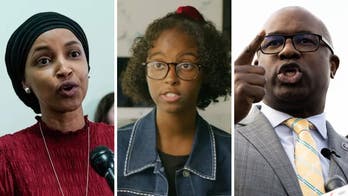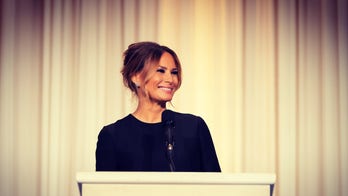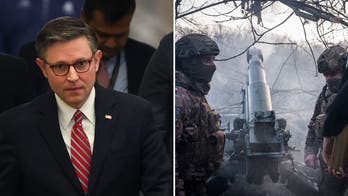!--StartFragment-->
In the wake of Friday's terrorist attacks in Paris, amid the mourning and contemplation, there has been an inevitable speculation in the U.S. about the possible impact of the tragedy on domestic politics, particularly on the wide open Republican presidential battle. As I see it, there are three basic theories on how Paris could shake up the race.
1. There is no effect – Under this line of thinking, presidential primaries aren't typically affected by foreign policy. As stunning as the events in Paris have been and as much as they have implications for U.S. strategy for combatting the Islamic State, at the end of the day, it wasn't an attack on the homeland, and so voters in the early primary states such as Iowa and New Hampshire may not be making decisions a few months from now based on something that happened in Europe. Also, even if they do care about it, it may not change their presidential preferences, because they may be inclined to think the candidate who they already liked the most would be the best-equipped to handle Islamic extremism.
2. It benefits candidates with more experience and foreign policy credentials – If this proves true, it would suggest that the attacks are a sober reminder that we live in serious times and thus need serious candidates rather than political novices. Under this theory, voters will prove that they cannot take a risk on Donald Trump or Ben Carson, because they lack foreign policy chops. Instead, they may turn to more experienced candidates such as Jeb Bush, or those who have spent more time articulating a foreign policy worldview, such as Sens. Marco Rubio and Ted Cruz. On that front, I laid out the important differences between Rubio and Cruz on foreign policy in a previous column.




